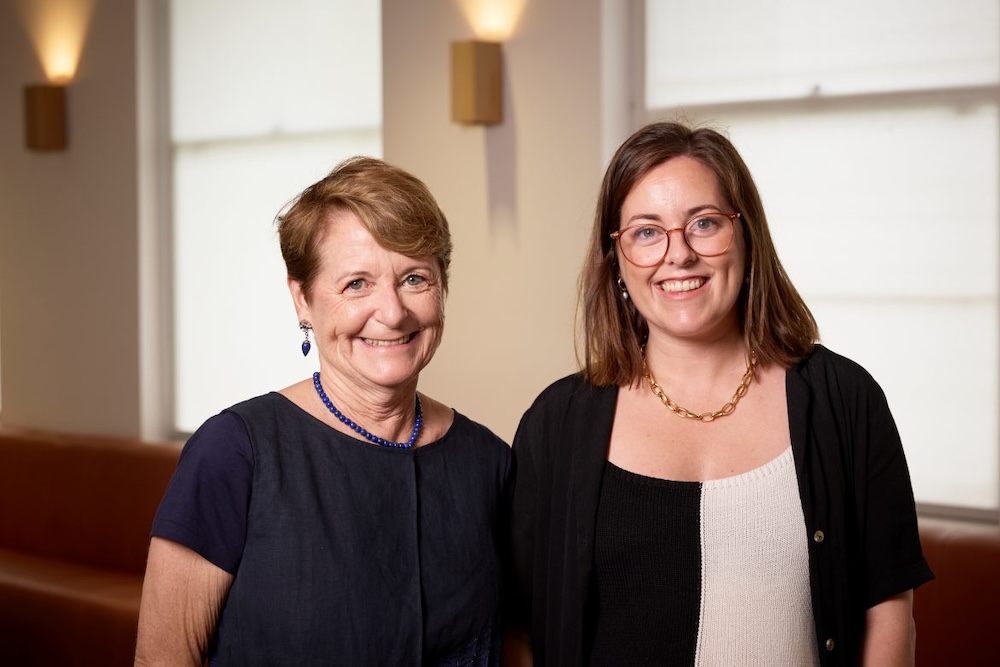
The Ainsworth family has donated $50 million to establish a dedicated endometriosis research institute at UNSW Sydney, marking a significant advancement in addressing this widespread women’s health condition.
The Ainsworth Endometriosis Research Institute (AERI) will focus on revolutionizing endometriosis research, diagnosis, and treatment through a global consortia-based approach that brings together scientists, clinicians, and philanthropists from England, Canada, Denmark, India, and the USA.
The donation represents the largest known philanthropic contribution to endometriosis research globally and to women’s health in Australia. It is also the largest philanthropic gift ever received by UNSW.
“I’ve had endo pain since I was 15 years old. While my fertility hasn’t been impacted, I experience chronic, daily pain and severe flare ups that debilitate me for days or weeks on end,” said Lily Ainsworth, who along with her mother Anna Ainsworth, has experienced firsthand the challenges of living with endometriosis. “This reality is shared with millions of people living with endo around Australia and the world. We believe this can change.”
Endometriosis affects an estimated one in seven Australian women by age 49, equivalent to approximately 830,000 people nationwide. Globally, about 200 million people suffer from the condition, with one in three experiencing infertility. Most patients endure six to eight years on average before receiving an accurate diagnosis.
The economic burden of endometriosis on Australia alone is estimated between $7.4 billion and $9.7 billion annually. In 2025, the World Economic Forum named endometriosis one of the nine diseases most affecting women’s lives, their communities, and the global economy.
“The Ainsworth Endometriosis Research Institute represents an historic moment in women’s health,” said Professor Attila Brungs, UNSW Vice-Chancellor and President. “This unprecedented collaboration will not only form the future of endometriosis research but also accelerate our ability to provide real, tangible solutions.”
Professor Jason Abbott, who will serve as Clinical Director at AERI, emphasized the transformative nature of the funding: “AERI is the most significant commitment to endometriosis research that I have ever seen. The donation from the Ainsworth family provides surety to endometriosis researchers, will drive program-driven scientific discoveries and pave the way for generational change.”
The institute will focus on precision medicine approaches, including genomic research, biorepositories, and advanced testing to develop personalized treatments. Professor Caroline Ford, who will be the Scientific Director at AERI, noted that “each person’s endometriosis is unique and for the best results, treatment needs to be personalized.”
The initiative has received international praise from Professor Stacey Missmer, President of the World Endometriosis Society, who noted that “establishment of the Endometriosis Research Institute with this dedicated funding will energise and rapidly leap-forward paradigm shifting discoveries.”



